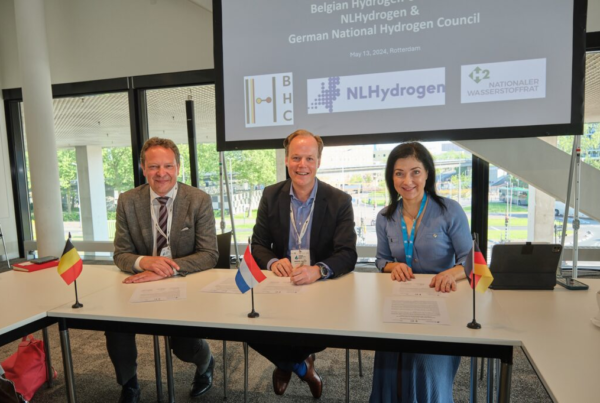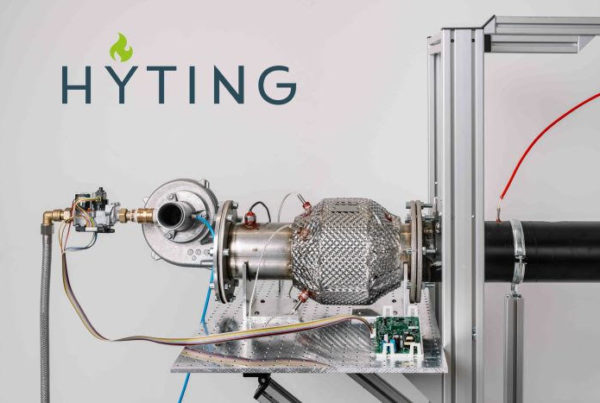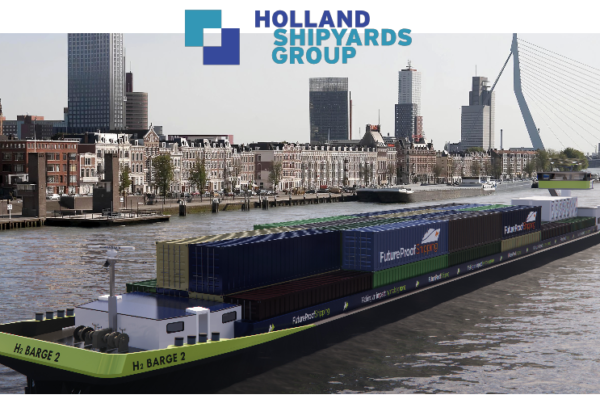
Stuttgart/Renningen– Dr. Stefan Hartung, Chairman of the Board of Management of Robert Bosch GmbH, welcomed Dr. Robert Habeck, Federal Minister of Economics and Climate Protection, as well as the Prime Minister of Baden-Württemberg Winfried Kretschmann, the Baden-Württemberg Minister for the Environment Thekla Walker and the Bavarian Minister of State Melanie Huml at the Bosch research campus in Renningen. The Federal Minister visited Renningen as part of his summer trip. The focus was on the topics of transformation in the automotive industry and the energy transition.
 Habeck also used his visit to hand over the funding decision totaling around 161 million euros for the IPCEI hydrogen project “Bosch Power Units” for the initial industrialization of stationary fuel cell systems.Bosch sees the highly efficient solid oxide fuel cell as a key building block for a sustainable energy supply.
Habeck also used his visit to hand over the funding decision totaling around 161 million euros for the IPCEI hydrogen project “Bosch Power Units” for the initial industrialization of stationary fuel cell systems.Bosch sees the highly efficient solid oxide fuel cell as a key building block for a sustainable energy supply.
“Germany is a strong location with strong companies that are ready to tackle and master the transformation. How business and politics, innovations and their promotion can successfully go hand in hand on the way to climate neutrality is shown by the promotion of large-scale production of stationary fuel cell systems from Bosch as a joint European hydrogen project in close cooperation between the federal and state governments. A highly innovative key technology for hydrogen ramp-up can now go into series production in Germany,” said Habeck in Renningen.
The fuel cell has the potential to save a considerable amount of CO 2 because it generates electricity and water from hydrogen. So the end product is water, not CO 2 . This technology can thus contribute to a more sustainable future.
“Supplying the country with hydrogen from renewable energies will be indispensable in the future in order to achieve the climate goals,” said Kretschmann in Renningen. “We are extremely pleased that Bosch is now the first major European company to be able to start mass production of highly efficient solid oxide fuel cells thanks to the funding commitment from the federal government and it fits in perfectly with our hydrogen roadmap,” Kretschmann continues.
Hartung added: “The example of the stationary fuel cell shows that we have an excellent research environment in Germany. Research and development have always been a top priority at Bosch. We invest around seven billion euros in future technologies every year.”
During a tour of the campus, Hartung gave the guests an insight into two of the company’s research fields: In robotics, experts are researching, among other things, how deliveries in warehouses can be put together automatically with the help of artificial intelligence. This saves time, money and increases the efficiency of processes in large warehouses. In the area of mobility, Habeck and Kretschmann received an insight into the current status of research into automated driving. The focus is on AI-supported solutions that allow the car to perceive the environment.
Bosch employs more than 85,000 associates in research and development worldwide.
Read the most up to date Fuel Cell and Hydrogen Industry news at FuelCellsWorks




